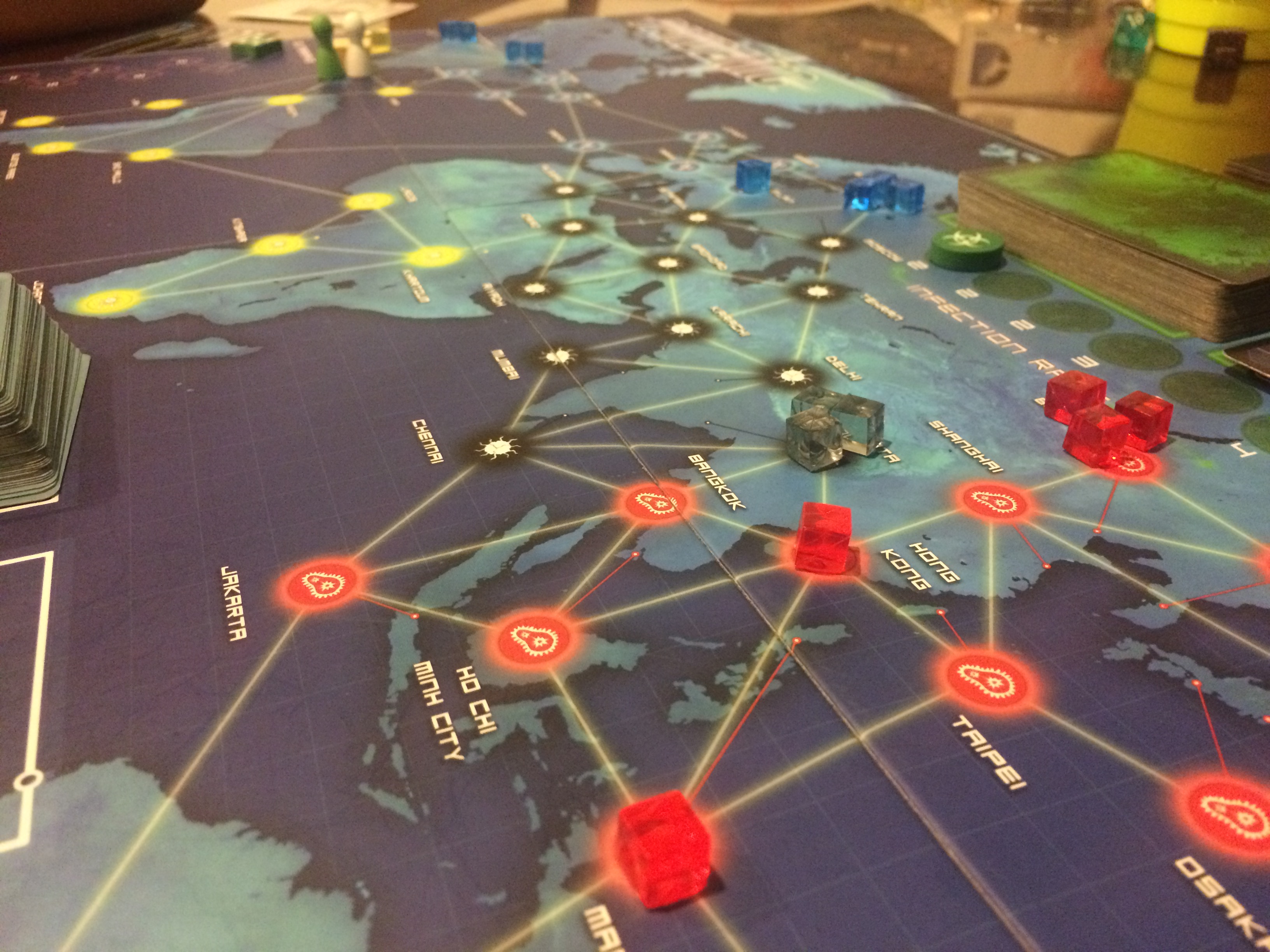Publicaciones
Contagion models have been used to study the spread of social behavior among agents of a networked population. Examples include information diffusion, social influence, and participation in collective action (e.g., protests). Key players, which are typically agents characterized by structural properties of the underlying network (e.g., high degree, high core number or high centrality) are considered important for spreading social contagions. In this paper, we ask whether contagions can propagate through a population that is devoid of key players. We justify the use of Erdős-Rényi random graphs as a representation of unstructured populations that lack key players, and investigate whether complex contagions—those requiring reinforcement—can spread on them. We demonstrate that two game-theoretic contagion models that utilize common knowledge for collective action can readily spread such contagions, thus differing significantly from classic complex contagion models. We compare contagion dynamics results on unstructured networks to those on more typically-studied, structured social networks to understand the role of network structure. We test the classic complex contagion and the two game-theoretic models with a total of 18 networks that range over five orders of magnitude in size and have different structural properties. The two common knowledge models are also contrasted to understand the effects of different modeling assumptions on dynamics. We show that under a wide range of conditions, these two models produce markedly different results. Finally, we demonstrate that the disparity between classic complex contagion and common knowledge models persists as network size increases.
Korkmaz, G., C.J. Kuhlman, S.S. Ravi y F. Vega-Redondo (2018): “Spreading of social contagions without key players”, World Wide Web, 21(5), septiembre, pp. 1187-1221.


